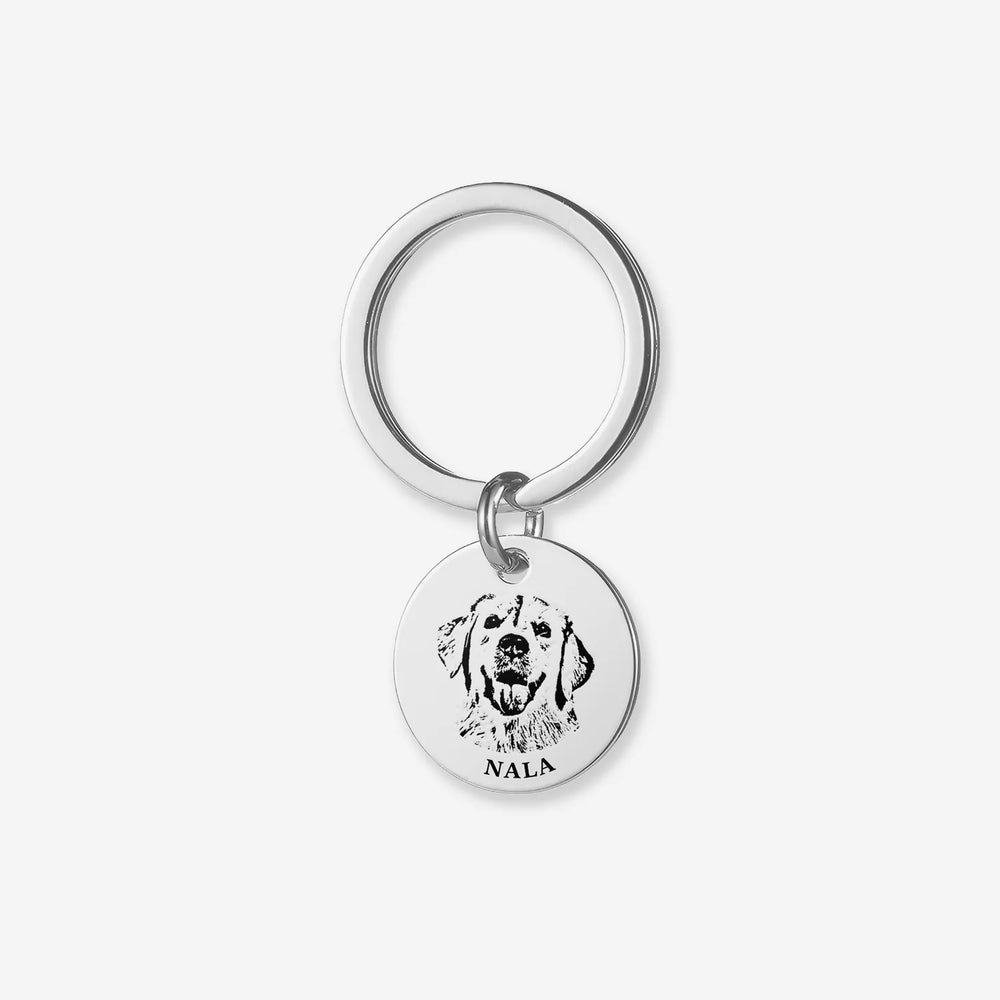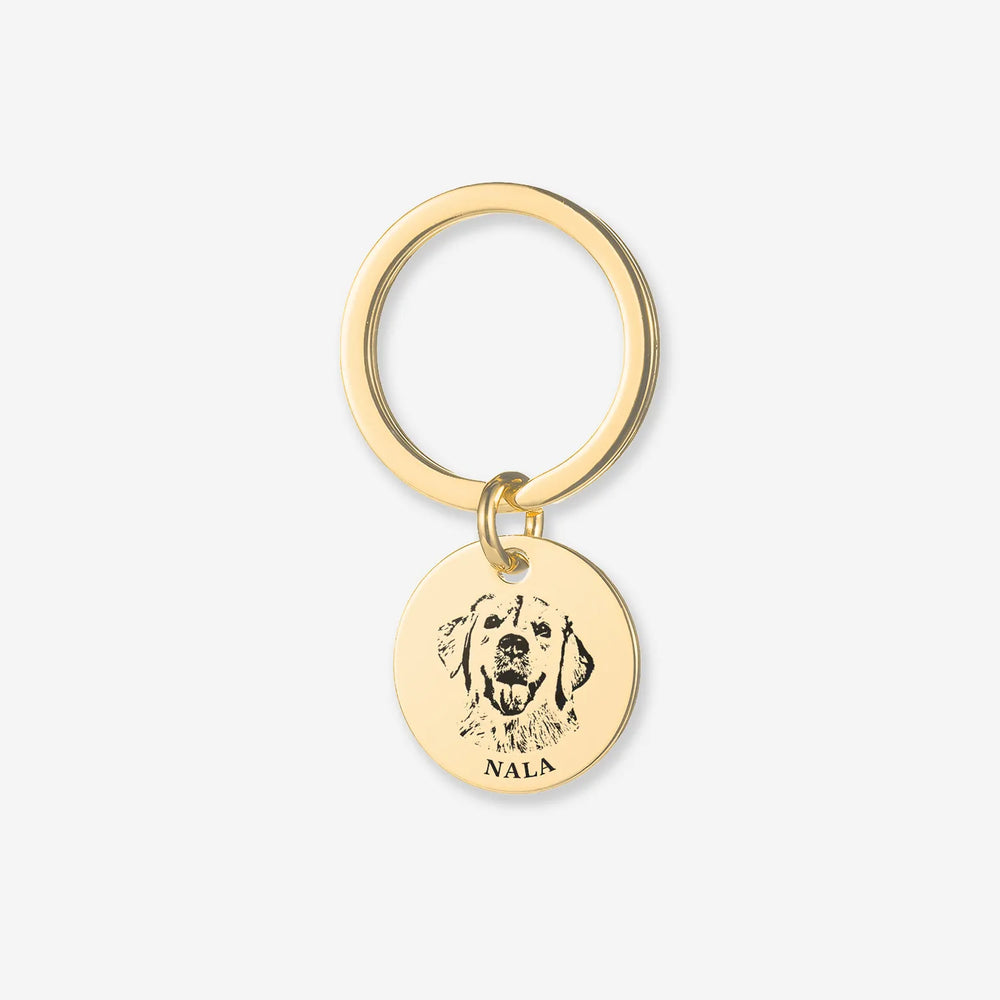Buy One, Get One FREE
Can Dogs Eat Blueberries? How Many Per Day

As you might be wondering, can dogs eat blueberries? The answer is a resounding yes—there’s no problem with your dog eating blueberries. In fact, blueberries are a highly beneficial fruit for dogs. Many dog owners have shared that their furry companions show a keen interest in blueberries. Moreover, they enjoy eating them and seem to have a great time while doing so. Therefore, you can rest assured that feeding your dog blueberries is perfectly safe.

You might still have some concerns, though. Is it okay for dogs to consume blueberries? In this article, we will explore this topic from multiple angles, allowing you to confidently feed your dog blueberries without any doubts.
Blueberries Have Positive Effects on Dog Health
Are blueberries good for dogs? Yes, dogs can safely eat blueberries, and when fed in moderation, blueberries offer a range of health benefits.
- Packed with antioxidants, blueberries promote your dog’s vascular health. This can help maintain healthy blood vessels and improve circulation.
- Blueberries boost your dog’s overall health and enhance their immune system. By strengthening their natural defenses, blueberries can contribute to a more robust immune system.
- Certain compounds in blueberries help balance your dog’s gut microbiota. A healthy gut is crucial for digestion and nutrient absorption, making blueberries an excellent choice for maintaining digestive health.
- Blueberries also help improve your dog’s physical condition. They provide essential nutrients that can contribute to better overall health.
If your dog suffers from a weak constitution or digestive issues, blueberries can serve as a natural remedy. They can help improve your dog’s health and gut function without any harmful side effects. In conclusion, blueberries are an important fruit that can significantly benefit your dog.
How to Safely Feed Blueberries to Your Dog

While blueberries offer numerous benefits, it’s important to feed them to your dog with care. Here are some key steps to follow:
Choosing the Right Blueberries
Always choose fresh, healthy blueberries for your dog. Avoid giving them blueberries that are spoiled or beginning to rot, as these can have negative effects on their health.
Washing the Blueberries Thoroughly
Before feeding blueberries to your dog, wash them thoroughly to remove any pesticides or other residues. This step is crucial to ensure that the blueberries are safe for consumption. There’s no need to peel or deseed the blueberries—just make sure they are clean before feeding them to your dog.
Controlling the Quantity
You may wonder how many blueberries your dog should eat. While blueberries are nutritious, moderation is key. It’s best to offer your dog blueberries 2-3 times per week, with each serving containing around 8-10 blueberries. Overfeeding could lead to digestive upset, so it's essential to control the quantity.
Also, consider your dog’s size when deciding how many blueberries to give. Small dogs should receive fewer blueberries, while larger dogs can handle a slightly larger serving.
Can Dogs Enjoy Blueberries as a Treat?

Dogs can certainly eat blueberries as a treat. The size of blueberries makes them easy to chew and swallow, reducing the risk of choking. Since the recommended amount is small, blueberries make a great post-meal fruit or a healthy reward treat for your dog.
Dogs Can Eat Blueberries Raw
Just like many other fruits, blueberries can be eaten raw, and dogs can enjoy them this way as well. Like humans, dogs don’t need to cook or heat blueberries before eating them. Simply wash the blueberries thoroughly and serve them to your dog.
Avoid Feeding Your Dog These Fruits
While many fruits are safe for dogs, there are some that should be avoided. For instance, as we mentioned earlier, blueberries are safe, but fruits like bananas, strawberries, and apples are also fine for dogs. However, some fruits can be harmful, so it’s important to avoid the following:
- Persimmons, pomegranates, and apricots: These fruits are high in fructose and fiber, which can cause gastrointestinal discomfort in dogs.
- Citrus fruits: These fruits contain high levels of citric acid, which can irritate your dog’s digestive system.
- Pineapples: Pineapples contain protease, an enzyme that may cause allergic reactions in some dogs.
Why Can't Puppies Eat Blueberries?
Why do we not recommend giving blueberries to puppies? The reason is that puppies have more delicate digestive systems, and we need to be extra cautious about the safety and hygiene of their food. Puppies should primarily eat dog food and avoid human foods, especially those containing additives, preservatives, or other unhealthy ingredients.



















